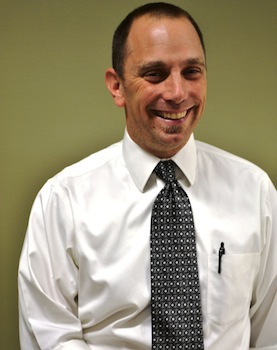
Steven Bensinger, V.M.D., Ph.D.
Professor
Microbiology, Immunology, and Molecular Genetics
Molecular and Medical Pharmacology
Sherie and Donald Morrison Endowed Chair in Immunology
David Geffen School of Medicine at UCLA
Research and Impact
Dr. Bensinger runs one of the only labs in the world that can assess, in real time, how a cell's lipid manufacturing pipeline is performing. He has found that immune cells profoundly change their lipid consumption during infection, and that this change in lipid architecture is critical to the immune system's ability to protect individuals from infections. Key ongoing studies include defining how these profound chases in the lipid architecture control immunity, and if targeting lipid metabolism increases the functionality of the immune system to fight infections and eradicate cancer. Dr. Bensinger is the theme leader of the Immunology, Inflammation, Infection, and Transplant research theme at the David Geffen School of Medicine.
Education and Recognition
Dr. Bensinger received his veterinary medical degree and his Ph.D. degree in Immunology from the University of Pennsylvania. He completed a thesis on regulatory T-cell development and function in the laboratory of Dr. Laurence Turka, followed by a postdoctoral fellowship in the laboratory of Dr. Peter Tontonoz at UCLA, where he examined the impact of lipid metabolism on T-cell growth and survival. Dr. Bensinger has received several professional honors, including the Sontag Foundation Distinguished Scientist Award and the 2016 UCLA Life Sciences Excellence Award for Outstanding Research. In 2018, Dr. Bensinger received the Sherie and Donald Morrison Endowed Chair in Immunology.
Complete List of Published Work in My Bibliography:
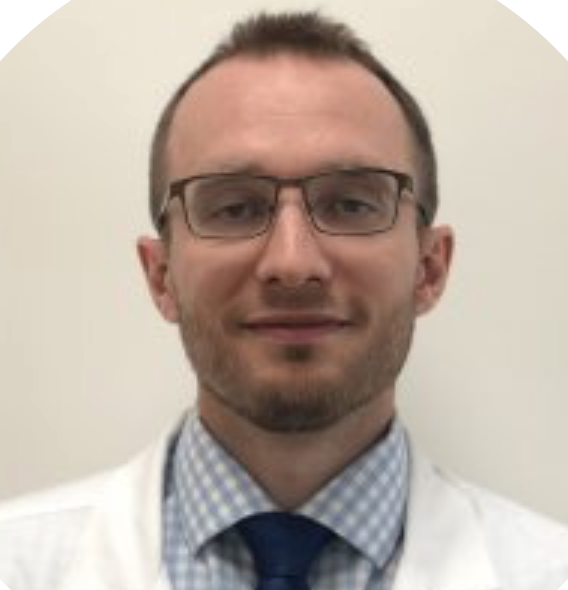
Richard L. Watson, M.D., Ph.D.
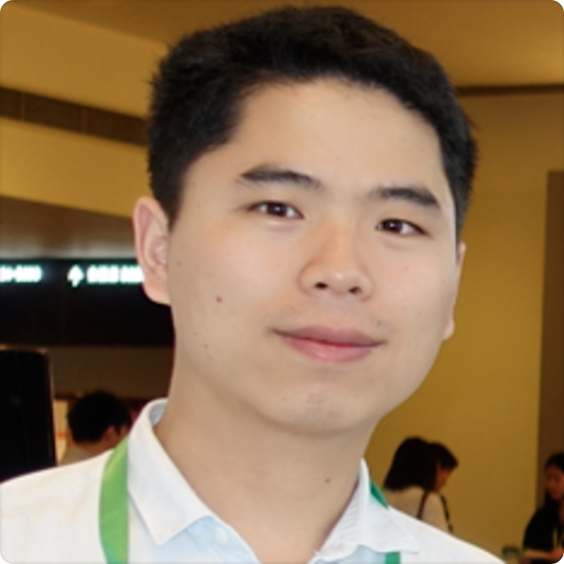
Tianheng Hou, Ph.D.
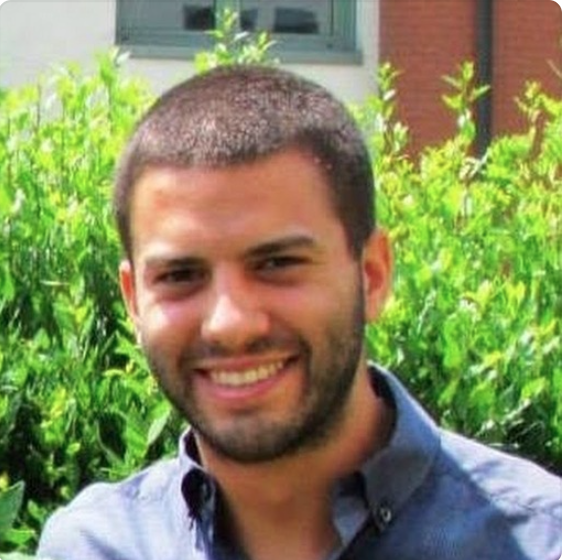
Alessandro Sammarco, Ph.D.
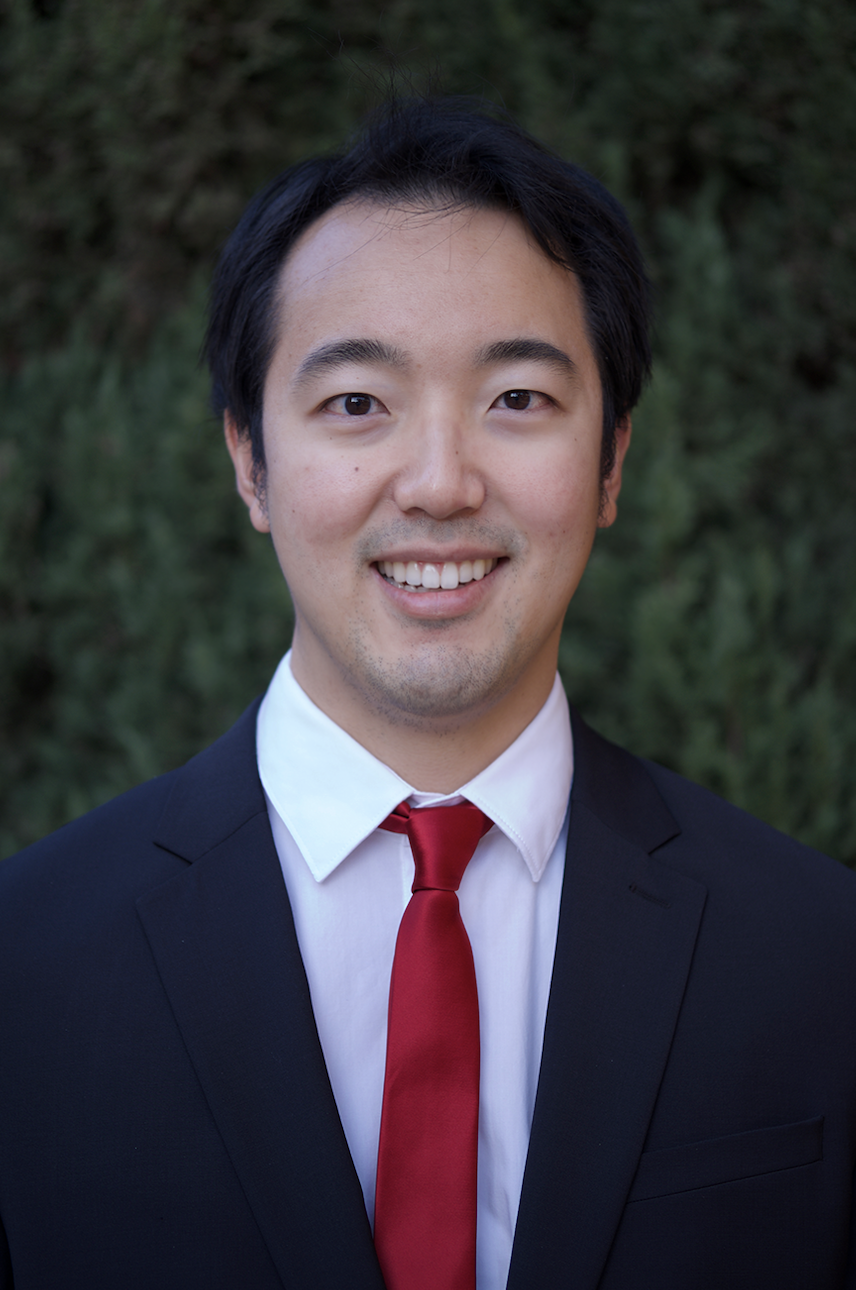
Min Sub Lee
Min Sub recieved his undergraduate degree in 2017 from UCLA in Microbiology and Immunology, with a specialty in Economics & Finances. He started in the Bensinger lab during the summer of 2019 and is currently studying the regulation and remodeling of plasma membrane cholesterol homeostasis in innate immune cells, and how this effectively protects host cells from cholesterol-dependent cytolysins, a bacterial toxin secreted by gram-positive bacteria.
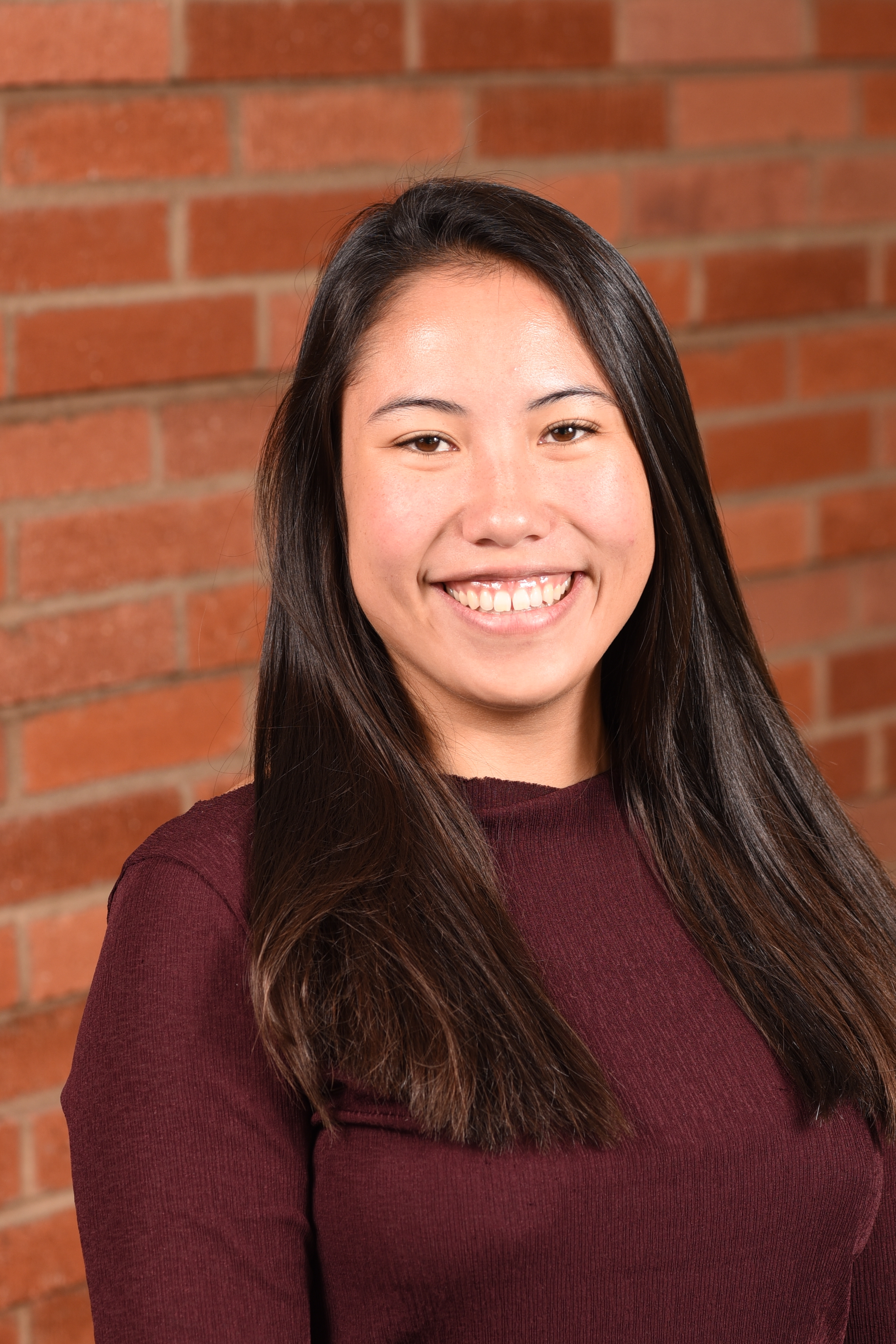
Kelly Kennewick
Kelly grew up in Seattle and later attended University of Washington where she received her BS in Biochemistry. She then moved down to Los Angeles and began working as a research associate in the Forman Lab at City of Hope. There, she developed and optimized CAR T cells for the treatment of bone metastatic prostate cancer. After four years at City of Hope, she began graduate school at UCLA. She now works in the lab of Dr. Steven Bensinger exploring questions regarding the crosstalk between lipid metabolism and T cell immunity. Her current projects include applying advanced mass spectrometry–based analytic approaches to explore the relationship between lipid composition and T cell function in healthy and obese hosts.
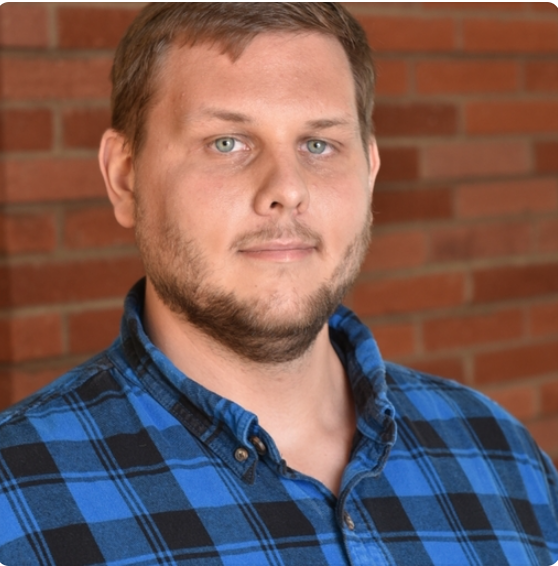
Ian Ford
Ian graduated from Southern Methodist University in Dallas, Texas in 2016 and his research is focused on identifying the mechanism by which cholesterol regulates STING-dependent IFN signaling. He uses a number of tools to investigate regulation of STING by cholesterol, including but not limited to a photo-crosslinkable cholesterol-mimetic probe for chemoproteomic methods and confocal microscopy to assess activity-dependent translocation. These findings will allow us to begin to unravel the tangled web of links between sterol metabolism and immune activity, and potentially allow for the development of new therapies for IFN-linked autoimmune disorders and enhancement of current anti-tumor immunotherapy approaches.
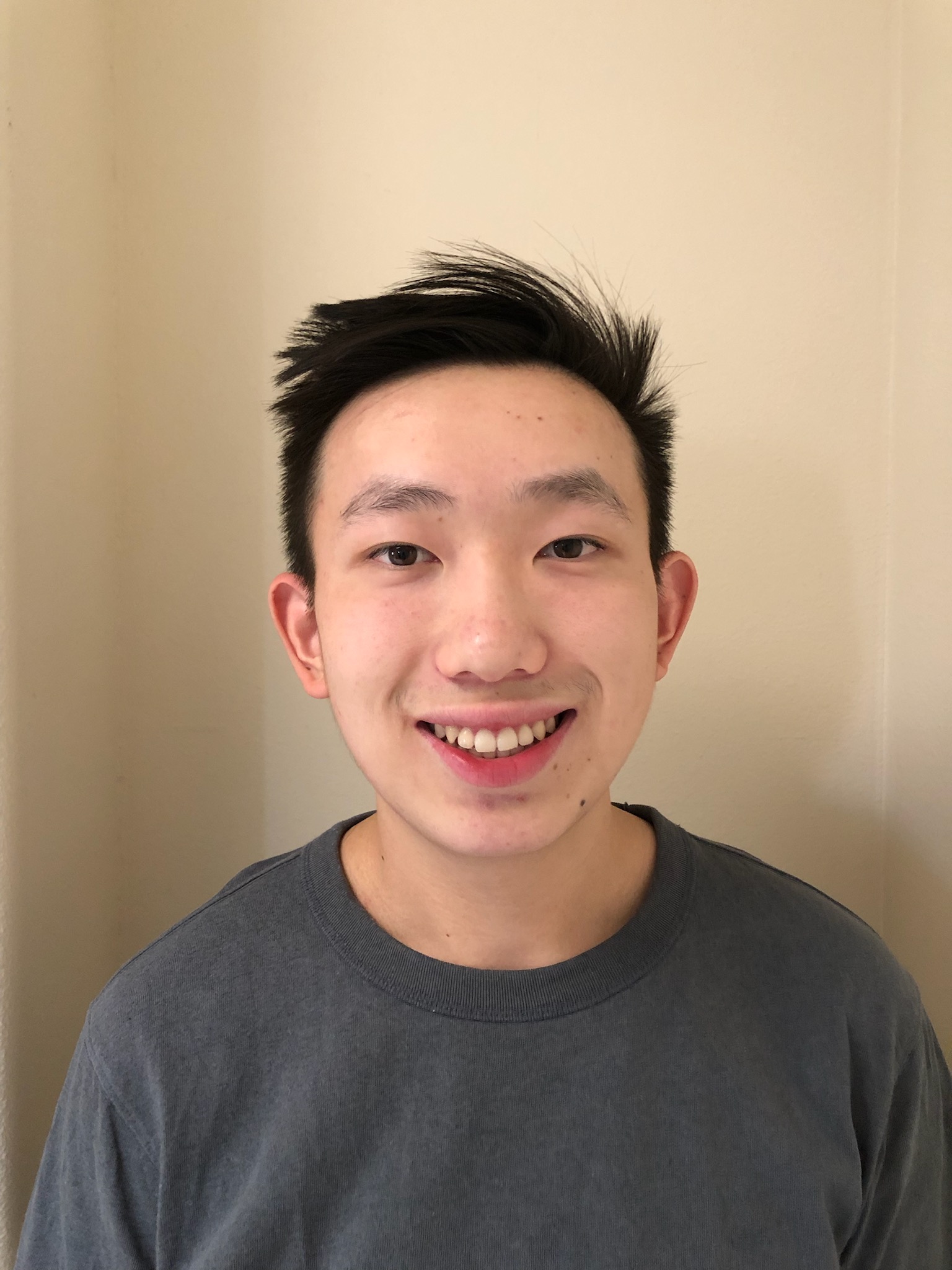
Austin Sun
Austin is a third year undergraduate student majoring in Molecular, Cellular, and Developmental Biology. His studies in lab involve characterizing how deficiencies of cholesterol homeostatic genes in macrophages influence their inflammatory response.

Natalie Santillano
Major: Microbiology, Immunology, Molecular Genetics
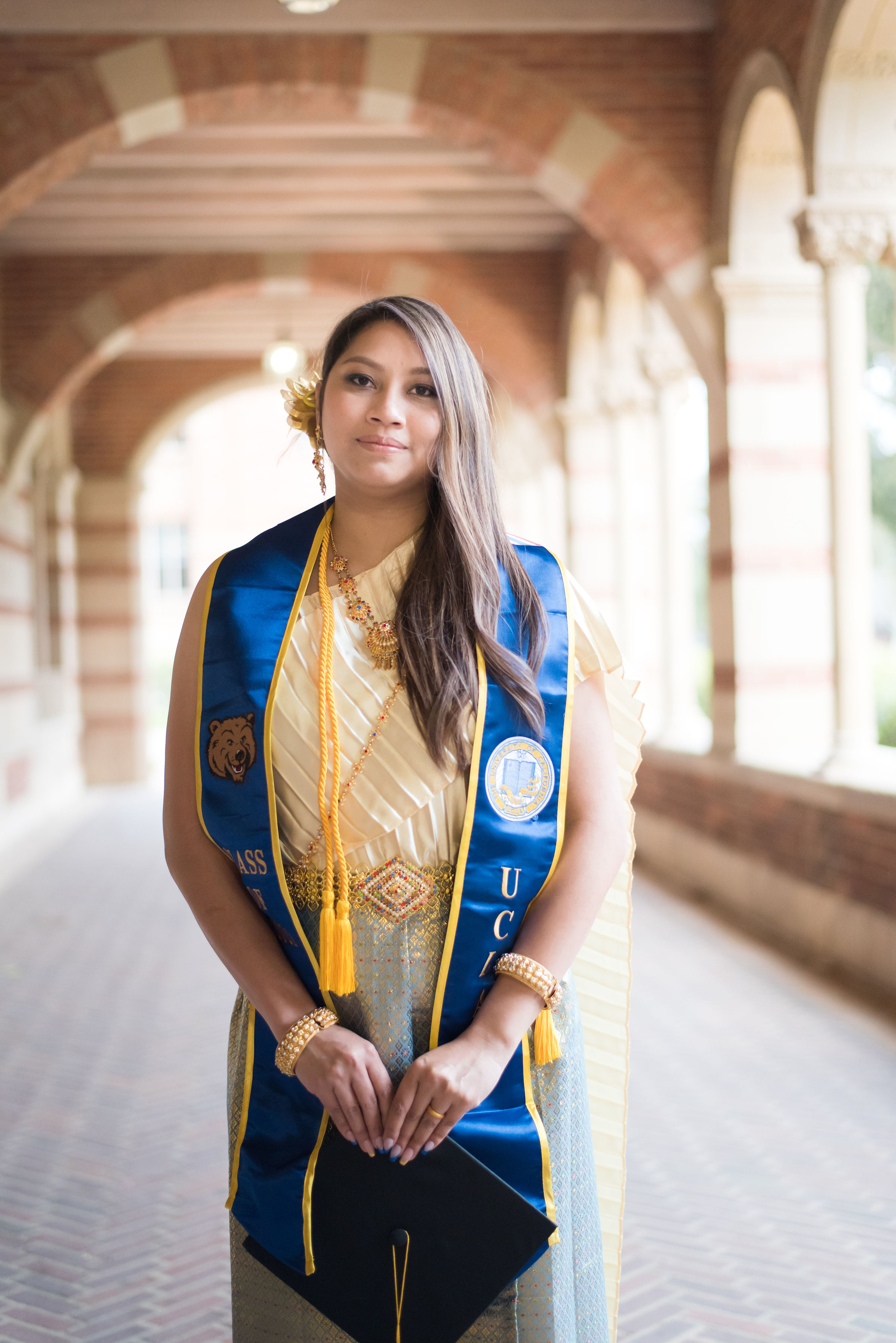
Amy Vichaidit
Major: Microbiology, Immunology, Molecular Genetics (UCLA, Class of 2021)
Amy graduated from UCLA in 2021 with a major in microbiology, immunology and molecular genetics. She is a non-traditional, first generation college student preparing for medical school.

Margarita Calderon
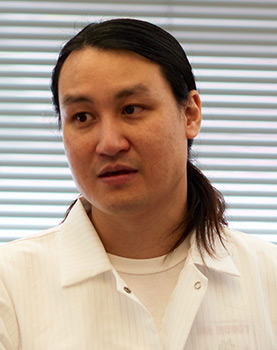
Viet Bui M.D., Ph.D.
Clinical Instructor
UCLA Department of Medicine, Division of Rheumatology
Viet's interest in immunology first began while he was an undergrad at UCLA in the MIMG department working in the lab of David Rawlings. This subsequently led him to the MSTP program at NYU where he completed his doctoral work studying innate lymphocytes under the guidance of Andreas Diefenbach. Viet's continued fascination with the immune system is what influenced him to then pursue a fellowship in rheumatology here at UCLA and what eventually led him to the Bensinger lab. Viet joined the lab with the intention to better understand how metabolic programs, particularly lipid and cholesterol metabolism, may influence the immune response and function of immune cells. He is hoping to utilize monogenic auto-inflammatory disorders as a means by which to further parse out the contribution of lipid metabolism to the engagement and modulation of the immune response. Ultimately, he hopes that a better understanding of immune-metabolic phenomena may provide fresh insight into potential new avenues of therapeutics for auto-inflammatory and auto-immune disorders.

Joseph P. Argus, Ph.D.
Joseph's research focuses on the development of new tools to assess fatty acid metabolism. We apply these tools to cells in culture to measure how fatty acid metabolism changes in response to various normal and pathological stimuli. This information can help determine situations where modulation of fatty acid metabolism can be used therapeutically. Dr. Argus graduated from UCLA in 2017 and was a postdoctoral fellow in the laboratory of Dr. Ed Dennis at UCSD. He is currently a senior scientist dealing with analytical R and D at Nitto Biopharma, Inc. since August of 2020.
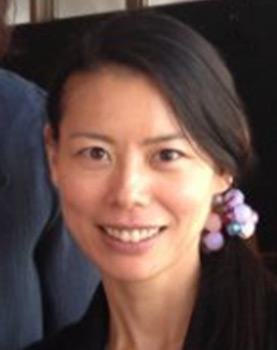
Yoko Kidani, MD, Ph.D.
Yoko received her medical training at the Graduate School of Medical Science, Kanazawa University, Kanazawa, Japan. She completed a residency in anesthesiology and intensive care medicine at Koseiren-Takaoka Hospital, Toyama, Japan and became a staff physician at Ishikawa Prefectural Central Hospital, Kanazawa, Japan in the Department of Anesthesiology. Yoko subsequently completed a thesis project examining the influence of anesthesia on endotoxin-induced shock in rats in the laboratory of Dr. Takumi Taniguchi, at Graduate School of Medical Science, Kanazawa University, Kanazawa, Japan.
After completing her thesis in fall of 2007, Yoko took a position as a post-doctoral fellow in Department of Pathology, University of Pennsylvania working with Dr. Masahide Tone. Her studies in Dr. Tone’s lab at Penn were focused on examining the transcriptional regulation and function of FoxP3 in regulatory T cells. Yoko completed a postdoctoral fellowship in the Bensinger laboratory and focused on understanding the impact of lipid metabolism on lymphocyte biology and was a physician-scientist with Bayer-Japan. She is now the director of the Metabolic Disease Department at AstraZeneca since January 2020.
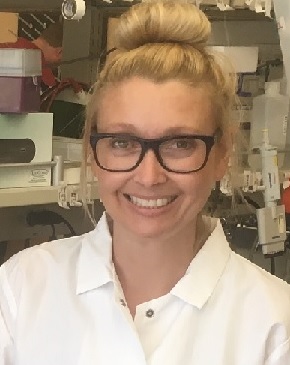
Autumn York, Ph.D.
Autumn York was a doctoral student in Steve Bensinger’s lab. She graduated magna cum laude in 2008 from the University of Colorado-Boulder with a dual major in Biochemistry and Molecular, Cellular, and Developmental Biology. Autumn began graduate school at UCLA in the fall of 2008. She is interested in the molecular mechanisms that govern cellular programs in response to external stimuli. In 2015, Autumn York discovered that cholesterol and STING signaling are linked. Dr. York graduated from UCLA in 2015 and is currently an HHMI/ Hanna Grey Fellow in the laboratory of Dr. Richard Flavell at Yale University since January 2017.
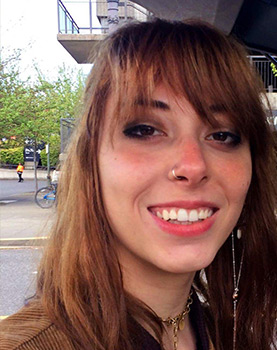
Eliza Kronenberger
Lab Manager
UCLA Department of Microbiology, Immunology, and Molecular Genetics
Eliza graduated from Lewis & Clark College in 2017 with a degree in Biology. She served as a research assistant at the Oregon Health & Science University, working to integrate electrospray ionization with cryo-EM to advance super-resolution 3D-modeling of macromolecules. Following graduation, she researched the metabolic and physiological effects of pheromone exposure on D. melanogaster at the University of Hawai'i at Manoa. In the Bensinger lab, she assisted with ongoing projects related to lipid metabolism and immune response, in addition to performing lab maintenance. Currently, she is a Washington Conservation Corps Crew Member at the Washington State Departmemt of Ecology in Seattle since October 2020.
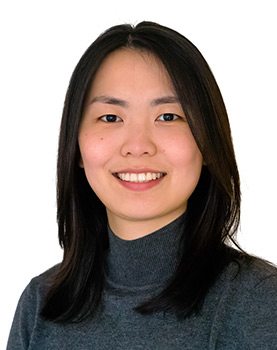
Xun "Allison" Chi, Ph.D.
Post-Doctoral Scholar
UCLA Department of Microbiology, Immunology, and Molecular Genetics
Allison received her B.S. from Zhejiang University, China, majoring in biotechnology. Her undergraduate research focused on how Shewanella Oneidensis develops natural resistance to Ampicillin. She recently joined the Bensinger lab as a postdoctoral scholar after completing her PhD in University of Iowa with Dr. Brandon Davies. Her PhD thesis focused on the regulation of lipoprotein lipase (LPL) function by angiopoietin-like proteins (ANGPTLs). In the Bensinger lab, she was interested in the metabolism of immune cells. Specifically, she tested how the metabolic states of certain immune cells can affect their immune states.

Wei Yuan "Wayne" Hsieh, Ph.D.
Post-Doctoral Scholar
UCLA Department of Microbiology, Immunology, and Molecular Genetics
The regulation of host metabolism by the immune system in response to infectious agents has been the main focus of Wayne's scientific/research career. His primary research theme during his graduate studies directly addresses the key roles of interferon in the regulation of cholesterol metabolism. Prior to these studies, the connection between cholesterol metabolism and immunity was largely unexplored. He and his colleagues collaborated and characterized multiple mechanisms in which interferon can fine-tune cholesterol metabolism in response to viral infection. During the acute phase (<8hr) of infection, interferon regulates cholesterol synthesis through the induction of 25-hydroxycholesterol, a potent inhibitor to the SREBP signaling. Interferon further induced miRNA-342-5p, which further provides long-term modulation of the cholesterol pathway. Inhibition of cholesterol by interferon inhibits the synthesis of isoprenoids, which are required for the trafficking of viral particles. This work demonstrated that the host metabolic pathway is an integral part of host defense against viral infection. Wayne was a postdoctoral scholar under the mentorship of Dr. Steve Bensinger. His research investigated how lipid metabolism and mitochondria function modulate macrophage polarization and its anti-inflammatory function. The lab utilized mass spectrometry and Seahorse XF Analyzers to examine changes in macrophage lipid profile and bioenergetics in response to immune activation. This work is particularly relevant to major metabolic diseases from atherosclerosis to autoimmune syndromes. Wayne is currently working at Immunogen.

Quan "Dylan" Zhou
Graduate Student Researcher
UCLA Department of Molecular and Medical Pharmacology
Dylan's focuses on how cholesterol metabolism and Type I Interferon (IFN) response are intertwined. More specifically, she is looking at how IFN signal reprograms intracellular lipidomics in a mouse macrophage, how did that change happen, and why does the cell want to do that. She worked on how cholesterol regulates STING, an important signaling protein that triggers Type I IFN production. Dylan is currently a principal investigator at Zhejian University in China investigating crosstalk between lipid metabolism and macrophage immune responses since December of 2020.
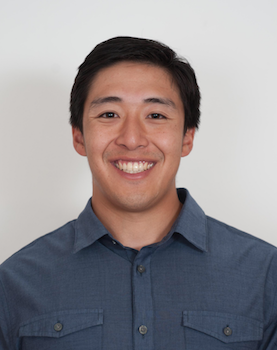
Chris Hino
M.D. Candidate
David Geffen School of Medicine at UCLA, Class of 2021
Received BA in Biochemistry at Occidental College in 2015
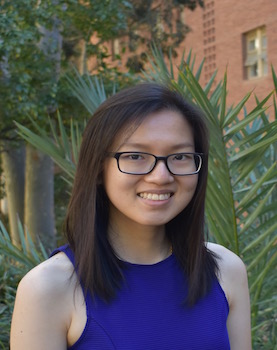
Xen Ping Hoi
Biochemistry Major
Xen is currently a research associate at Cedars Sinai since July 2020 and is attending graduate school.
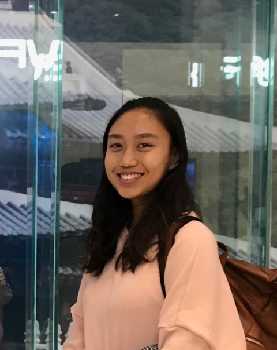
Zena Marie Del Mundo
Microbiology, Immunology, and Molecular Genetics (MIMG) major
Zena is currently a research associate at City of Hope and is attending graduate school.

Tin Duong
Microbiology, Immunology, and Molecular Genetics (MIMG) Department
Tin is currently a clinical research coordinator at the UCLA Kidney Transplant Research center since July of 2017.